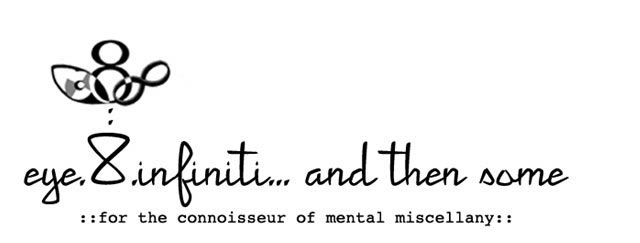semi-colonics
page 17 of jonathan franzen's
the corrections has the longest run-on sentence i've ever seen in my life. what editor let this through? i guess you have to be white and an alumnus of the university of chicago to get away with this. not that i'm a stickler for grammar, but i clearly remember a second-generation brown girl immigrant not getting such a forgiving eye from her english teachers back in high school for the same shit.
i present exhibit A(ck!):
"And since Chip had no association with the Wall Street Journal--the publication to which he made unpaid contributions was the Warren Street Journal: A Monthly of the Transgressive Arts; he'd also very recently completed a screenplay, and he'd been working part-time as a legal proofreader at Bragg Knuter & Speigh for the nearly two years since he'd lost his assistant professorship in Textual Artifacts at D---- College, in Connecticut, as a result of an offense involving a female undergraduate which had fallen just short of the legally actionable and which, though his parents never learned of it, had interrupted the parade of accomplishments that his mother could brag about, back home in St. Jude; he'd told his parents that he'd quit teaching in order to pursue a career in writing, and when, more recently, his mother had pressed him for details, he'd mentioned the Warren Street Journal, the name of which his mother had misheard and instantly begun to trumpet to her friends Esther Root and Bea Meisner and Mary Beth Schumpert, and though Chip in his monthly phone calls home had had many opportunities to disabuse her he'd instead actively fostered the misunderstanding; and here things became rather complex, not only because the Wall Street Journal was available in St. Jude and his mother had never mentioned looking for his work and failing to find it (meaning that some part of her knew perfectly well that he didn't write for the paper) but also because the author of articles like "Creative Adultery" and "Let Us Now Praise Scuzzy Motels" was conspiring to preserve, in his mother, precisely the kind of illusion that the Warren Street Journal was dedicated to exploding, and he was thirty-nine years old, and he blamed his parents for the person he had become--he was happy when his mother let the subject drop."
 " align=center width=640 height=263 border=0
" align=center width=640 height=263 border=0